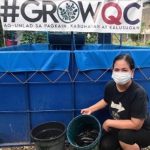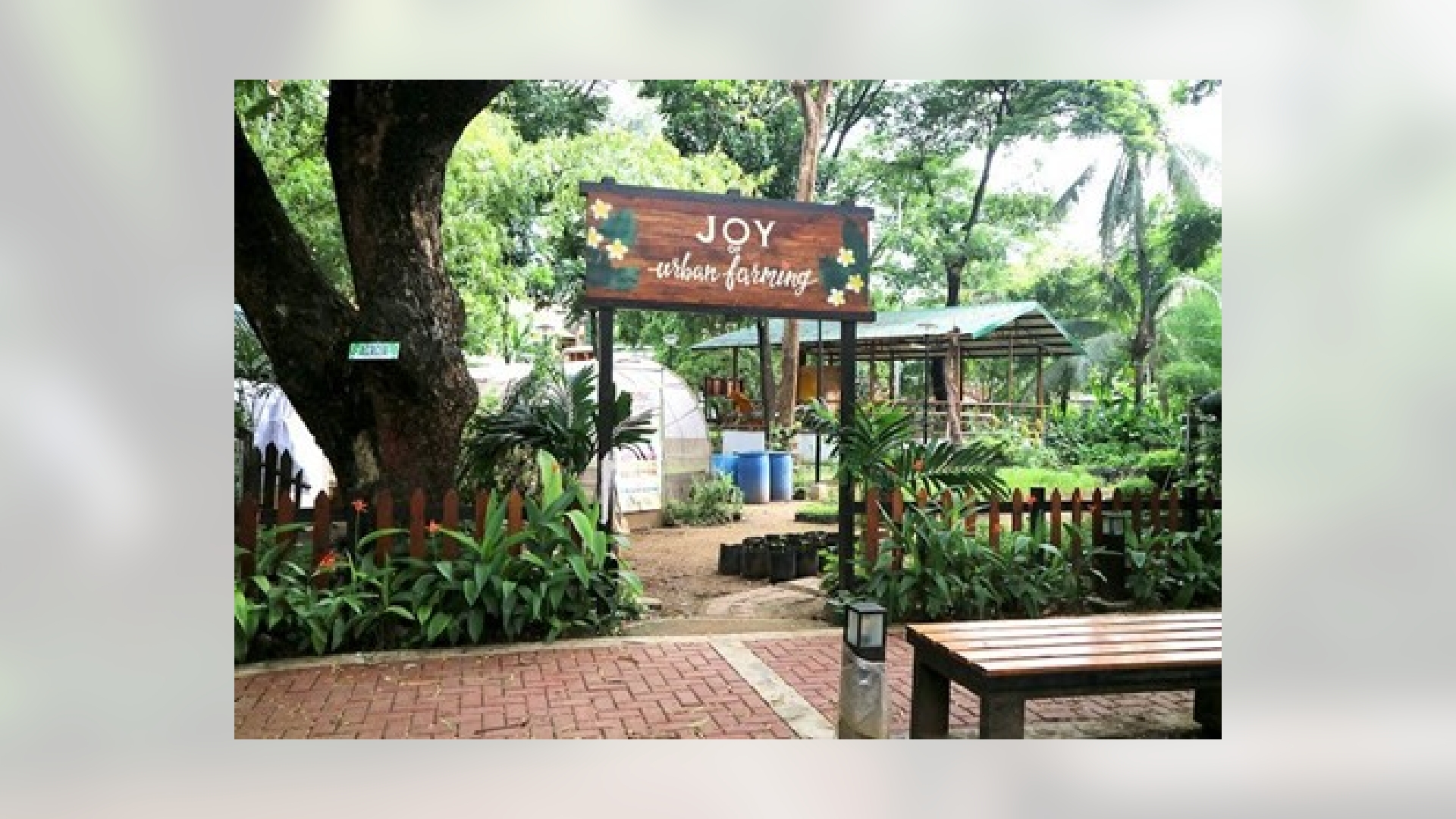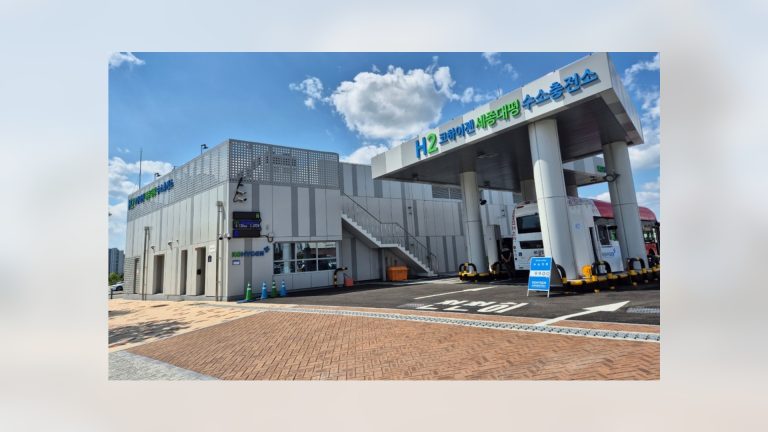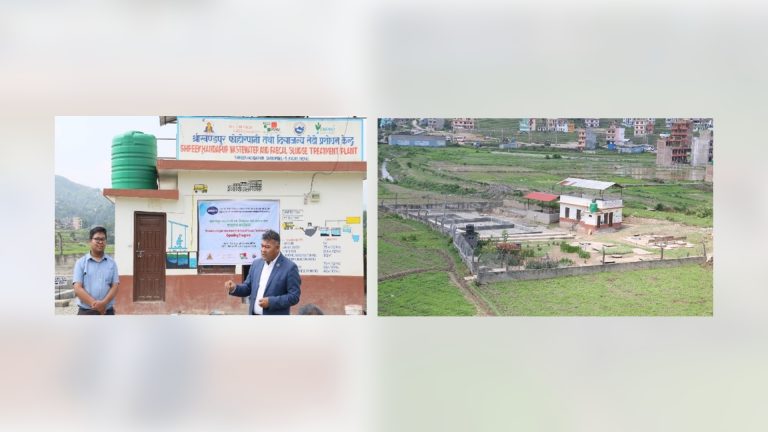Quezon City is the most populous city in Metro Manila Region. Facing food insecurity challenge, Quezon City Government has successfully improved the sustainability and adequacy of food security through their exemplary programmes across the city: Joy of Urban Farming (JOUF) and GrowQC Kasama ka sa Pag-Unlad sa Pagkain, Kabuhayan, at Kalusugan (GrowQC Programme).
Started in 2010, JOUF has been a flagship food programme of Quezon City through awareness campaigns and facilitation for home urban farming.[1] As the programme features collaboration with multi-level stakeholders, JOUF has been mainly funded by the City and maintained by various Non-Governmental Organisations (NGOs) across all 6 districts in Quezon.[2]
The GrowQC Programme facilitates sustainable food systems by utilising open spaces as food sources. Compared to JOUF, the GrowQC provides a larger medium to food sovereignty through the vast utilisation of public spaces to improve the food productivity rate. The GrowQC is also open to forming a strategic and resilient partnership with various stakeholders, including local businesses for urban farming. By implementing its Seven-Point Action Plan (Vegetable Nurseries, Community Model Farms, Aquaculture, Feeding Programme, Agri-overlay Zone, Food Processing Zone, and Food Trade), the GrowQC Programme has brought urban farming to a whole new level.[3] Through GrowQC, Quezon locals are provided with farming supply kits to implement seamless urban farming practices and ensure food security and sovereignty for Quezon locals.
Results
JOUF has hosted around 166 urban farms established at various city facilities including schools, apartments, and others as part of the efficient utilisation of private spaces for urban farming. The programme also hosted seven community model farms as part of joint implementation with various local communities including the church, civic organisations, National Government Agencies, academic institutions, and local community groups. Through JOUF, the citizens of Quezon City have grasped the importance of urban farming in achieving sustainable goals of food security and resiliency.

***
- [1] ICLEI, “Circular Quezon City: Bringing the Circular Economy to Quezon City’s Food System”, September 2022, https://circulars.iclei.org/wp-content/uploads/2022/09/CL4C_-Mini-Roadmap_Quezon-City.pdf
- [2] Julio P. Yap Jr., “The Joy of Urban Farming in Quezon City”, Agriculture Magazine Philippines, 8 October 2018, https://agriculture.com.ph/2018/10/08/the-joy-of-urban-farming-in-quezon-city/
- [3] Quezon City, “GrowQC: Open Spaces as Food Source”, 21 January 2023, https://quezoncity.gov.ph/program/grow-qc-open-spaces-as-food-source/
- [4] Jing Castañero, “GrowQC and DILG’s HAPAG: Spreading food security from QC to the whole nation”, PhilStar Global, 1 February 2023, https://www.philstar.com/lifestyle/food-and-leisure/2023/02/01/2241543/growqc-and-dilgs-hapag-spreading-food-security-qc-whole-nation











